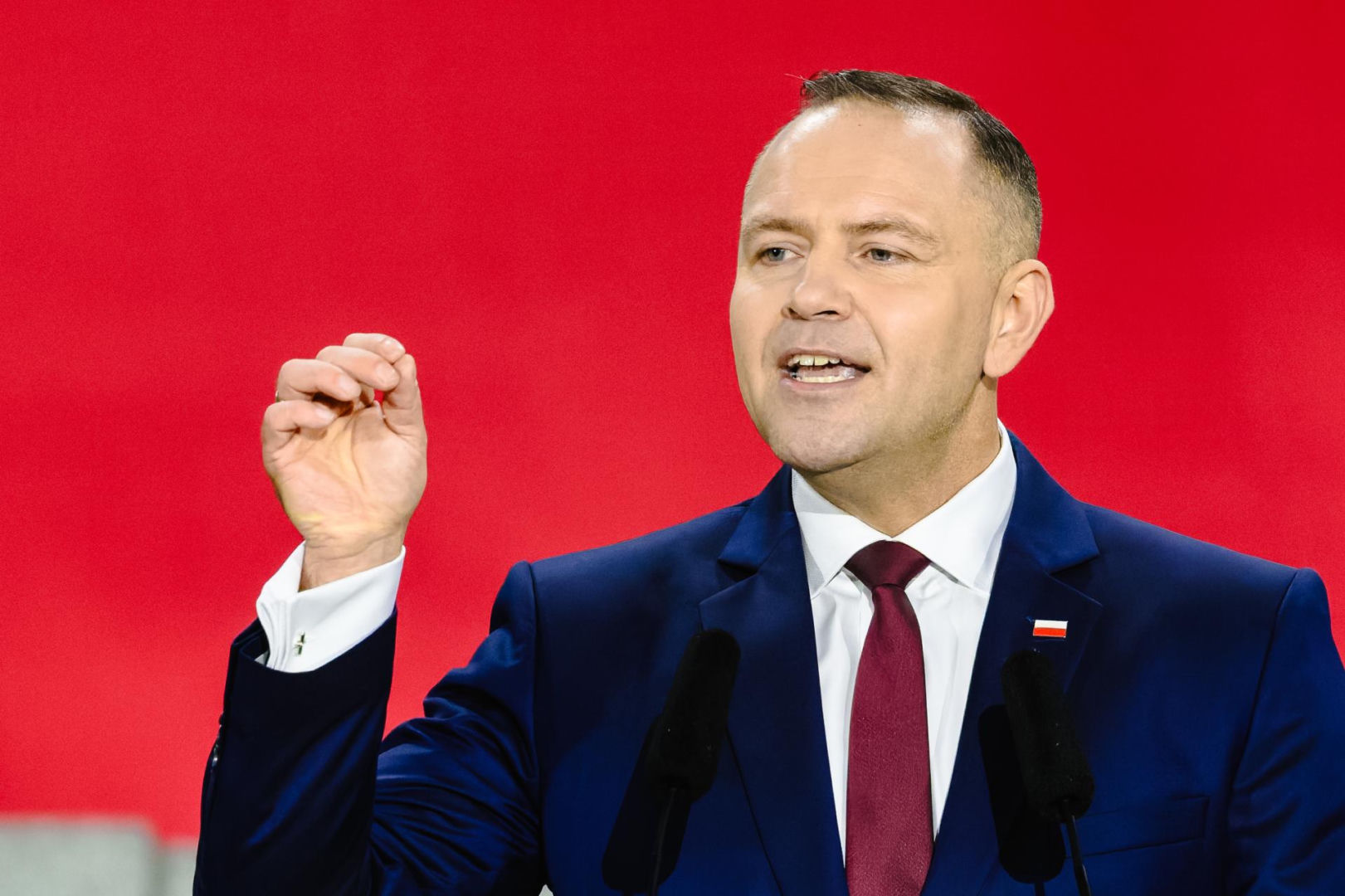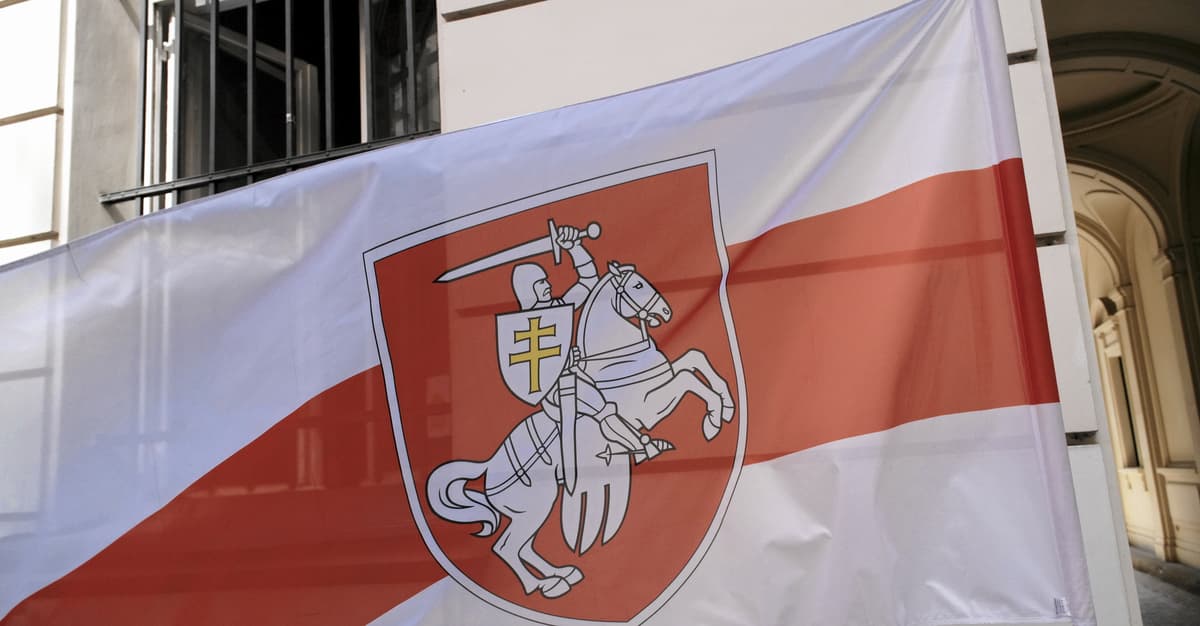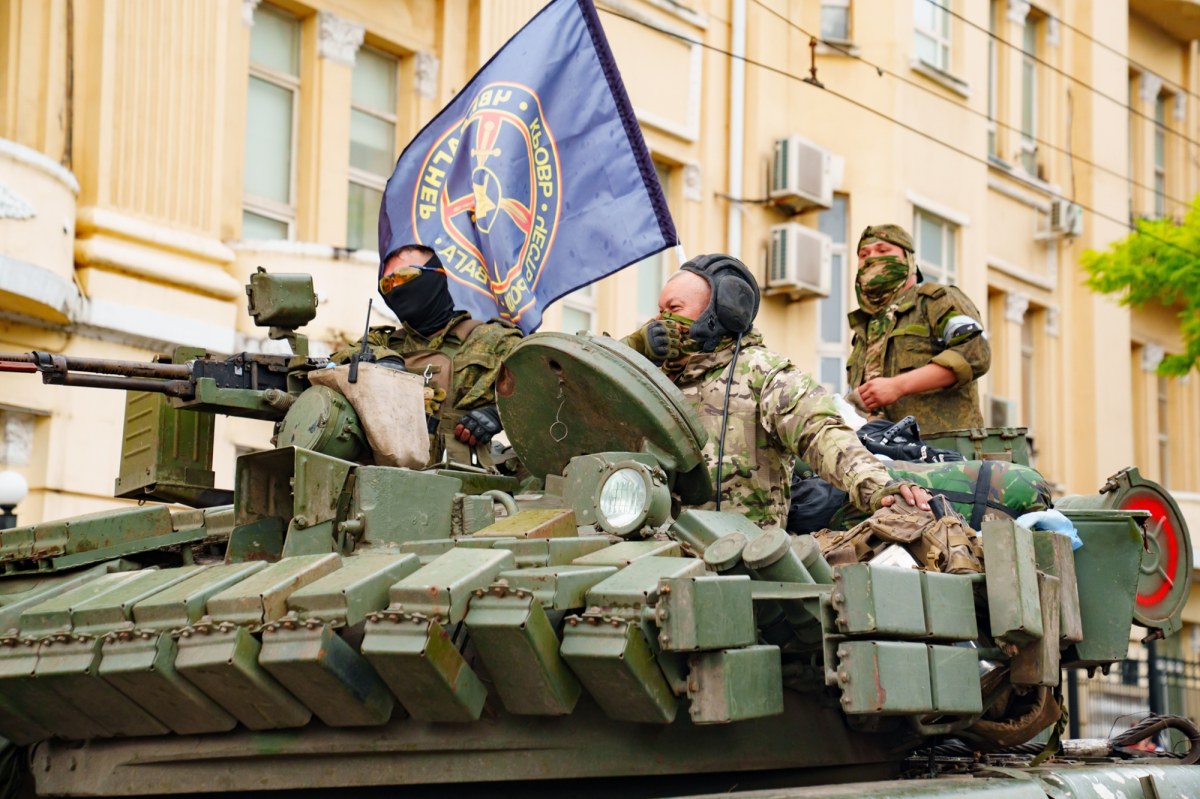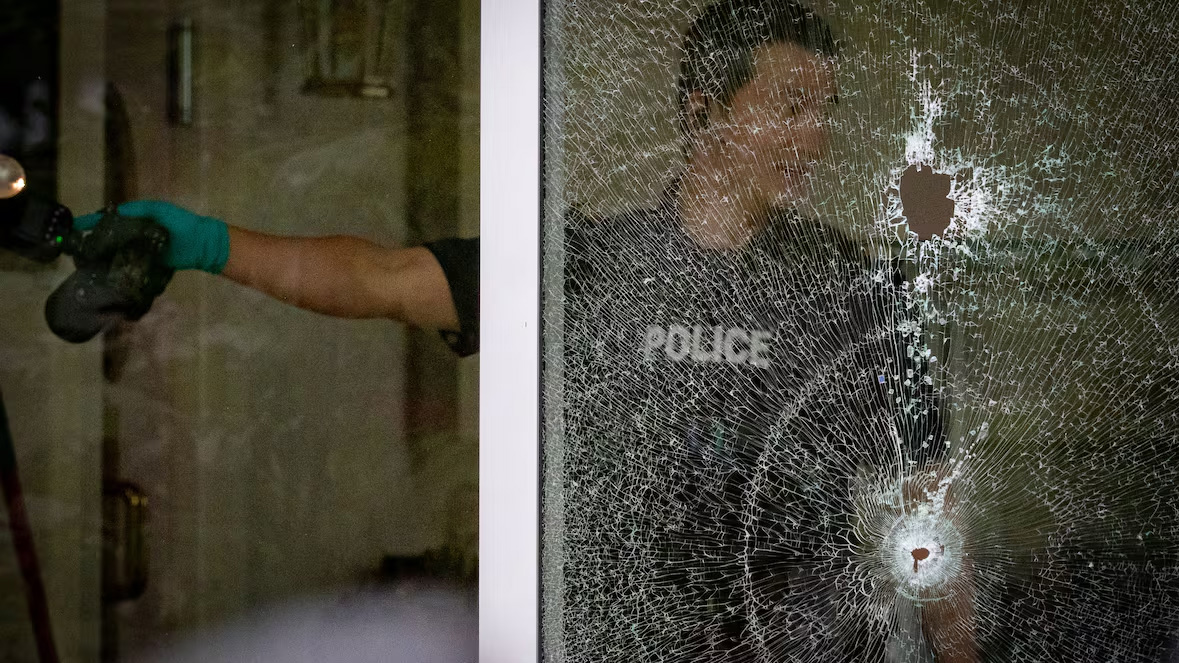The war that Russia has started, and it supports it in this work of destroying Belarus, increases the persecution of the Catholic Church in these countries. The process of returning, plundered in the times of the USSR, Catholic temples, was stopped. Many priests are imprisoned, and as in russian times Catholics are forbidden to pray together.
Smolensk politician in Russia announced that the neo-Gothic church of the Immaculate Conception of the Blessed Virgin Mary will be renovated there. However, he did not hesitate to say that the Russian authorities would return the temple to the Catholics. A beautiful church in Smolensk was erected in the late 19th century. There were 3 1000 Catholics in Smolensk, mainly Poles. So the church is magnificent. The Bolsheviks systematically robbed the temple first of the bells, then of the equipment. Eventually, they stole the full church, and the parish priest took it to Sibir, where he died of a hard work trip.
The church in Smolensk, which was converted to the NKVD archive behind Stalin, and now it is empty, inactive does not intend to return to parishioners – or rightful owners. "Unfortunately, despite many years of heroic efforts by the Smolensk parish and any possible support from the Archdiocese, no return of the temple to the Church is expected. For all we know, there was besides no mention of the anticipation of celebrating Mass at this place" – the press release of the Moscow Archdiocese Curia says.
So the parishioners of Smolensk must compression in the old rectory, which they adopted for the church. There they participate in Masses and services. As can be seen from this example, 1 of many, the russian line of conduct towards the Church is now continuing in Russia.
A manifestation of the oppression of the Church in Russia is besides a fresh bill, which will most likely shortly be adopted by Duma. This task prohibits services in “houses and non-residential blocks”. Of course, the authors of the bill have a number of “rational” arguments. The bill’s justification states that “sacrifices in residential buildings contribute to the gathering of groups of unauthorised persons and increase the hazard of worsening the criminal situation. They reduce the comfort of residents, which causes discontent and concerns of owners, provoke home conflicts, violate fire and public safety standards" ...
Not only that the Russian authorities do not want to quit the plundered churches, they want to ban prayers in their homes – russian times are returning.
The Belarusian authorities, as they support Russia in the war against Ukraine, imitate its line of action towards the Catholic Church. 1 example is blocking Catholics' access to the temple in Bobrujsk. Due to the addition of a rectangular part of office building, which took place in the times of the USSR, this temple is called “the strangest church in Belarus”. In fact, the view is unusual. The building, which has nothing to do with the neo-Gothic architecture of the church, has yet to be “sticked” to the top wall of the temple, where the entrance door is. So if you want to enter a church, you gotta cross an office building.
Now the problem is that the office building that belonged to the construction company is closed due to the fact that the company went bankrupt and the church cannot be entered. The church with a “faculty”, since the time of the deep commune, has belonged to the city. The Bobrujska authorities in January 2023 began the process of handing over the church, along with the “building”, parish. The process was to take six months and to this day, or almost 2 years. And you can't see the end. Worse still, the Bobrujska authorities ordered the parishes to pay rent for the church lease in early 2023. This fee was to be paid for six months after which the parish was to become the owner of the temple. Although it will shortly be 2 years, the parishioners have no church, and the rent for its usage inactive goes to the city's cash register.
The church of St. Simon and Helena in Minsk, Belarus, the largest Catholic temple in the city, is inactive closed to the faithful. The authoritative reason for the closure was the request for renovation work. They were to start at the latest in the first 4th of this year, but they did not. This confirms that the temple was closed for reasons of anti-Catholic and anti-Polish politics conducted by the Belarusian authorities. About 10 1000 believers attended the Minsk temple in Masses and services annually – including many Polish people. The last Mass was celebrated here on September 25, 2022.
The square in front of the church of St Simon and St Helena was the place where protesters gathered against falsifying the results of the 2020 presidential election. Hunted by the Belarusian militia, they protected themselves in the church, from where they were brutally pulled out. There were besides prayers for the release of the arrested. In 2023 the Belarusian authorities broke free lease agreements for the church, as it inactive belongs to the state. In the summertime of this year, the Belarusian authorities suggested that the parish priest of the Minsk church should be changed, and it may be opened. The parish priest was changed in July and the church is inactive closed to deafness.
Not only churches but besides priests are closed in Belarus. For over a year now, priest Henryk Okolotowicz has been in the KGB's custody. What is symbolic, in the same place, 80 years ago the russian NKVD held priest Kazimierz Świętek, the first Cardinal in the past of modern Belarus. Only on 25 November of that year did the trial of Father Okolotovich, a young, 64-year-old, sick priest, begin in Minsk. For years it has been the “salt in the eye” of the post-Soviet authorities of Belarus. Immediately after completing the seminary, in 1984, he visited Katyń and celebrated Mass there for the fallen Polish officers. In this way, he became the first priest in Belarus to do this, requiring quite a few courage.
In August of that year, Archbishop Ante Jozić met with Alexander Lukashenko. The pope's typical raised in the conversation "a question, worrying Catholic community in Belarus" including the substance of imprisoned priests, among others, Fr Henryk Ołototowicz and Fr Andrzej Juchniewicz. However, no efforts have so far influenced the concrete attitude of the Belarusian authorities towards the Church.
Adam Białous













